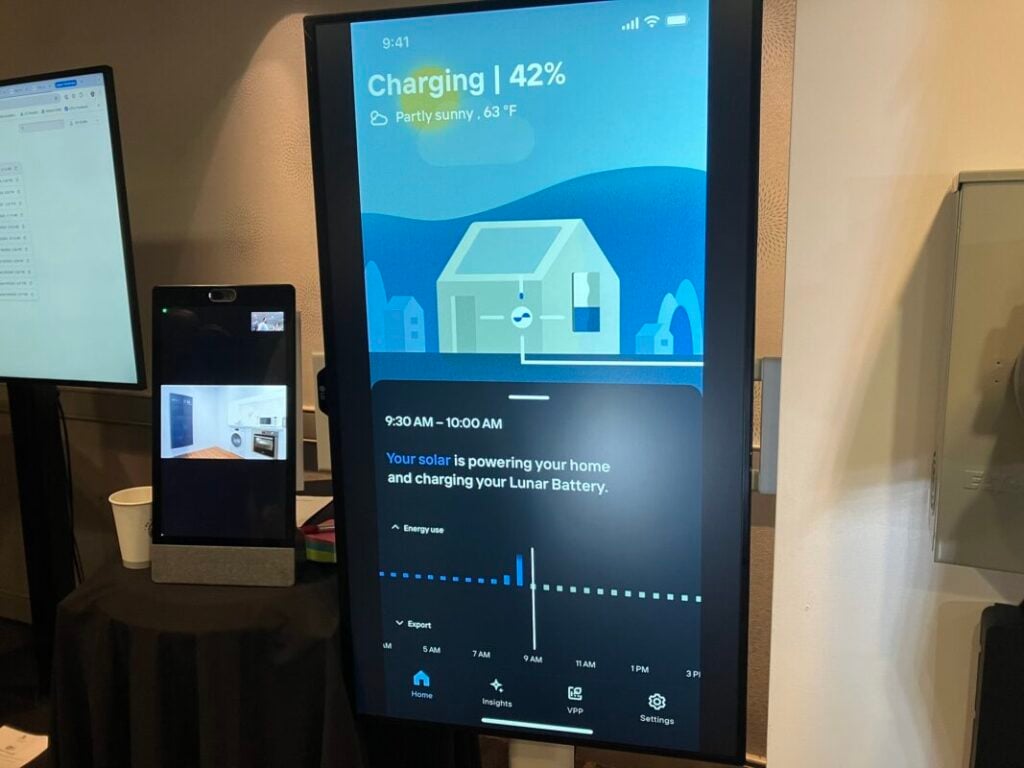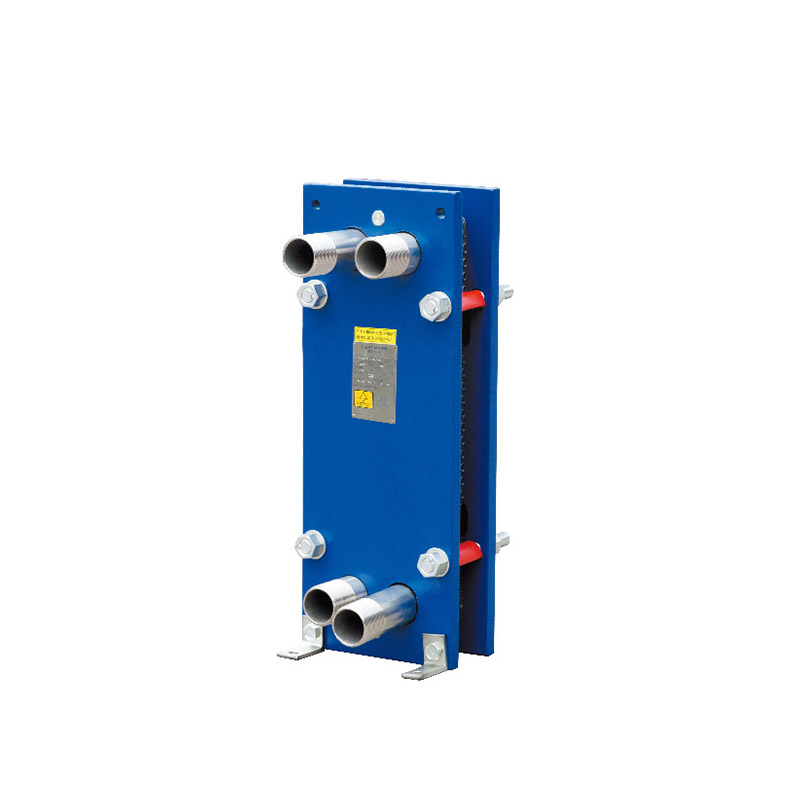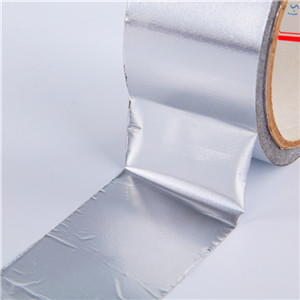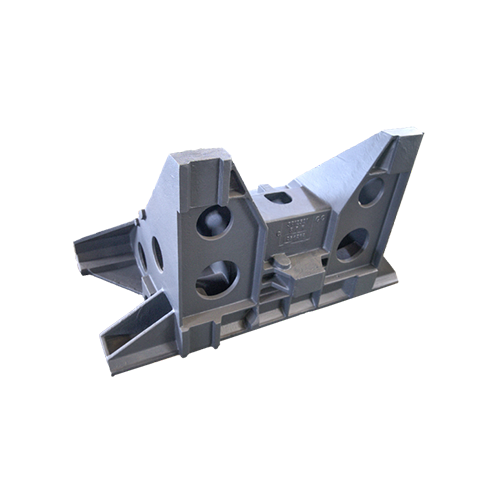As the temperature rises, the quest for effective cooling solutions becomes paramount. Whether you’re trying to beat the summer heat at home, in the office, or during outdoor activities, the choice between an air cooler, a fan, or a blower can significantly impact your comfort and energy consumption. In this article, we will delve into the nuances of each cooling device, comparing their functionality, efficiency, and suitability for various environments.
Understanding the Basics
Before we dive into the comparison, it’s essential to understand how each device operates:
- Air Coolers: Also known as evaporative coolers, air coolers work by drawing warm air through water-saturated pads. The evaporation of water cools the air, which is then circulated into the room. This method is particularly effective in dry climates where humidity levels are low.
- Fans: Fans, whether ceiling-mounted or portable, operate by moving air around a space. They do not lower the temperature of the air but create a wind-chill effect that makes the environment feel cooler. Fans are versatile and can be used in various settings, from homes to industrial spaces.
- Blowers: Blowers are more powerful than fans and are designed to move air at high speeds. They are often used in industrial applications or for specific tasks like drying or ventilation. Blowers can also be used in conjunction with heating or cooling systems to enhance airflow.
Efficiency and Energy Consumption
When considering which cooling solution is better, energy efficiency is a critical factor.
- Air Coolers: Generally, air coolers consume less electricity compared to traditional air conditioning units. They can operate on a fraction of the power, making them an eco-friendly choice. However, their efficiency diminishes in high-humidity environments, as the evaporation process becomes less effective.
- Fans: Fans are among the most energy-efficient cooling devices available. They consume minimal electricity and can be run for extended periods without significantly impacting your energy bill. However, they do not lower the air temperature, which may be a drawback in extremely hot conditions.
- Blowers: While blowers are powerful, they tend to consume more energy than fans and air coolers. Their high-speed operation can lead to increased electricity costs, making them less suitable for prolonged use in residential settings.
Suitability for Different Environments
The effectiveness of each cooling device can vary significantly based on the environment in which it is used.
- Air Coolers: Best suited for dry, arid climates, air coolers can provide substantial relief from heat. They are ideal for outdoor gatherings, patios, and areas with good ventilation. However, in humid regions, they may not perform well and can even increase discomfort.
- Fans: Fans are incredibly versatile and can be used in almost any setting. They are perfect for indoor spaces, providing a cooling breeze without altering humidity levels. Fans can also be strategically placed to enhance airflow in conjunction with air conditioning systems.
- Blowers: Given their high air movement capabilities, blowers are ideal for industrial applications, workshops, or large outdoor events. They can quickly ventilate spaces or assist in cooling large areas but may not be practical for residential use due to noise and energy consumption.
Noise Levels and Comfort
Noise can be a significant factor when choosing a cooling device, especially in residential settings.
- Air Coolers: These devices tend to operate at a moderate noise level, often producing a soothing sound that can be less intrusive than the whirring of a fan or blower.
- Fans: Fans generally produce a low noise level, making them suitable for bedrooms and quiet environments. However, larger fans or those operating at higher speeds can generate more noise.
- Blowers: Blowers are typically the loudest of the three options. Their high-speed operation can create significant noise, which may be disruptive in quiet settings.
Conclusion: Making the Right Choice
Ultimately, the decision between an air cooler, a fan, or a blower hinges on your specific needs, environmental conditions, and personal preferences.
- If you live in a dry climate and seek an energy-efficient way to cool your space, an air cooler may be your best bet.
- For versatile, low-energy cooling, fans are an excellent choice, especially in indoor settings.
- If you require powerful airflow for industrial applications or large outdoor events, a blower will serve you well, albeit at a higher energy cost.







+ There are no comments
Add yours